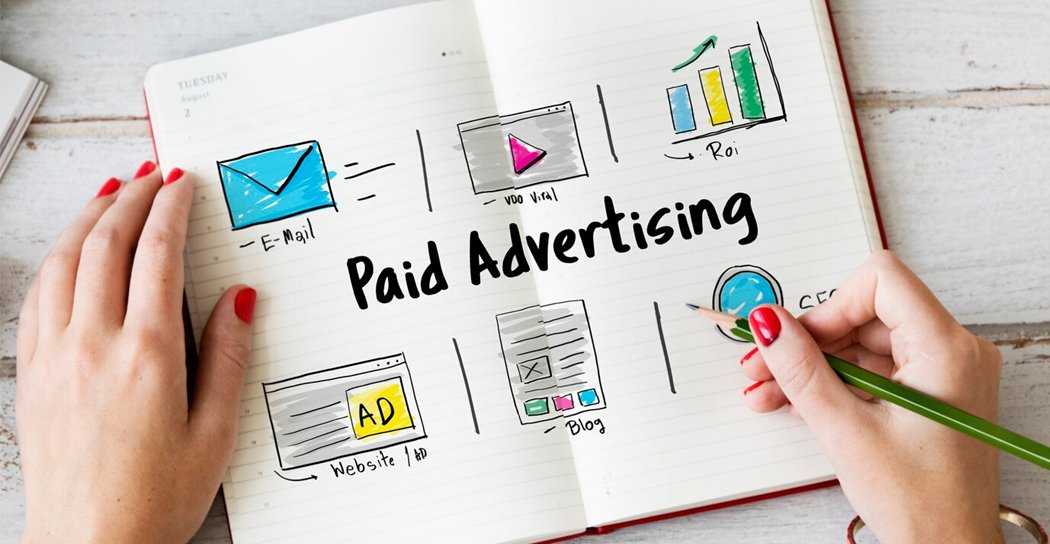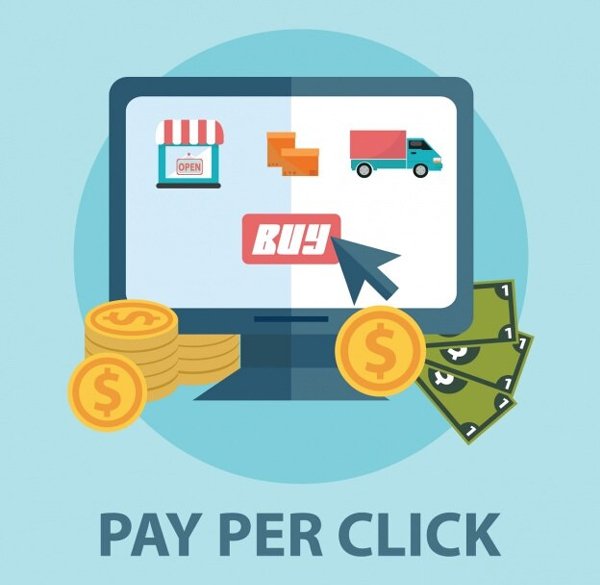Pay Per Click (PPC) is a dynamic and results-driven digital advertising model that empowers businesses to target and attract potential customers online. In this pay-as-you-go system, advertisers bid on specific keywords related to their products or services, and they only incur charges when users click on their ads. PPC campaigns are prominently featured on search engines, social media platforms, and other websites, providing a highly targeted means of reaching a specific audience.
At the core of PPC is the keyword auction, where advertisers compete for ad placement based on bid amounts. Advertisers set a maximum bid, representing the highest amount they are willing to pay for a click. The actual cost per click (CPC) is determined through a real-time auction process, considering bid amounts, ad quality, and historical performance.
Quality Score, a vital metric in PPC, assesses the relevance and quality of an ad and its corresponding landing page. A higher Quality Score can lead to better ad positions at a lower cost, emphasizing the importance of delivering valuable and relevant content to users.
One of the key advantages of PPC is its immediate impact. Unlike organic methods, PPC can generate targeted traffic swiftly, making it an invaluable tool for businesses looking to boost visibility and drive conversions. Advertisers have granular control over their campaigns, from budget allocation to audience targeting, allowing for real-time adjustments based on performance metrics.
Platforms like Google Ads and social media advertising channels such as Facebook Ads are popular choices for implementing PPC campaigns. The success of a PPC campaign relies on strategic keyword selection, compelling ad creatives, and continuous optimization to adapt to changing market dynamics and user behavior, making it a dynamic and integral component of a comprehensive digital marketing strategy.

Ad Placement: Advertisers bid on keywords relevant to their target audience. When users search for these keywords on a search engine, the ads are displayed.
Bid Amount: Advertisers set a maximum bid amount, which is the maximum amount they are willing to pay for a click on their ad. The bidding process determines the ad's placement on the search engine results page.
Ad Rank: The ad rank is determined by the bid amount and the Quality Score of the ad. Quality Score is a metric used by search engines to measure the relevance and quality of the ad and the landing page.
Ad Display: When a user searches for a keyword, the search engine runs an auction, considering the bids and Quality Scores. The winning ads are displayed on the search results page.
Cost-Per-Click (CPC): Advertisers are charged only when someone clicks on their ad. The actual cost per click is determined by the bidding process, but advertisers will never pay more than their maximum bid.
INCREASE IN ORGANIC NEW USERS
INCREASE IN LEAD VOLUMN
REVIEWS FROM THE HAPPY CLIENTS
YEARS OF EXPERIENCE

Pay Per Click (PPC) is a digital advertising model where advertisers pay a fee each time their ad is clicked. It's a cost-effective and targeted method of driving traffic to a website or landing page. In PPC, advertisers bid on specific keywords relevant to their target audience. When users enter these keywords into search engines or browse content on other platforms, the ads are displayed.
Contact us to work with a results-driven digital marketing agency.
